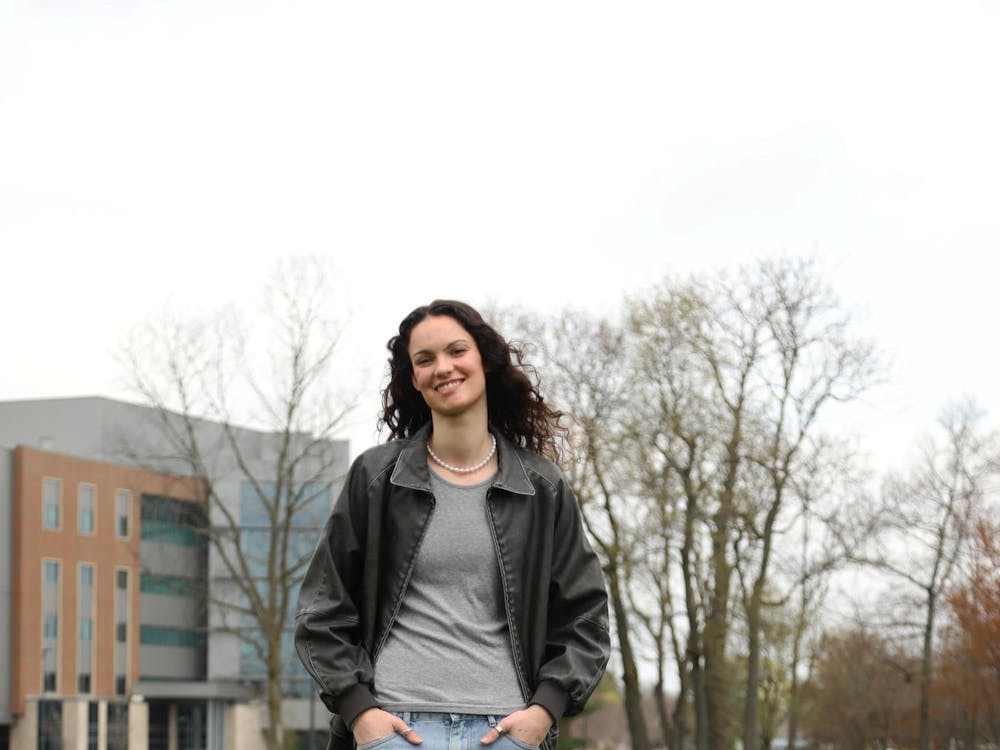A new permit will allow people without an education degree to teach high school classes.
Education majors and Ball State professors agree this could have a negative impact on Indiana’s students.
The career specialist permit will allow those with a bachelor’s degree to teach the subject that they have more than 6,000 hours of career-type experience in. They also have to pass a content test in the area they are going to teach and have a 3.0 GPA.
The Indiana State Board of Education approved the permit proposal Sept. 3.
Bob Guffin, the executive director of the board, said they believed the permits would have a positive impact on students in Indiana.
“An individual that receives a permit is going to have professional experience in a related field as well as a bachelor’s degree in the related subject area and they have to have achieved a high level of competence in the field,” Guffin said.
He said when principals are looking at potential candidates, hiring someone with a degree would be taking the same risk in quality as hiring someone with the permit.
“[Principals] hire based on what they believe is the most qualified person to come in and deliver instructions to kids and develop relationships with them and … draw the best out of that student,” Guffin said.
There are some differences between a normal education program, like Ball State has, and the permits.
Ordinarily educators would have to pass a pedagogy test, but those with the career specialist permit do not have to take that test. Pedagogy is the art and science of teaching, according to infed.org.
John Jacobson, the dean of the teachers college, said there is no way to tell if the program will work because in a typical education program, there are performance measures.
“Along the way in the four years, a student has to go through teacher preparation and have multiple field experience that is supervised,” Jacobson said. “Feedback is given to each student in their performance so they become better and better. By the time they graduate, they are an effective teacher, whereas in these other routes, there’s not really an accountable way to determine how effective they are.”
Jacobson said he has concerns with the new permit plan.
“I know personally, if I had a child in a classroom where the teacher had not gone through a rigorous preparation program, I would have concerns,” Jacobson said. “Not to say they might not be a good teacher, they could have natural abilities, but going through a traditional program with a supervised field experiences certainly prepares a person.”
Laurie Mullen, associate dean of teacher education, said since universities and others who prepare quality educators are under extreme accountability and assessment requirements, other programs should have to follow those same requirements.
Mullen said for the education program at Ball State, they seek the top 25 percent of high school graduates.
“We’re trying to attract that caliber of students and we have the state board of education in a sense saying, ‘oh really, anybody can teach,’” Mullen said. “So it’s that message that I think is confusing to students currently in educator preparation programs.”
She said having that idea floating around is not detrimental to the education program, but it is to the message of qualified excellence in teaching they want the school to represent.
Lydia Newland, a junior elementary education major, said she thought the proposal seemed like a good idea in theory, but knowing the material and teaching the material are two completely different things. Newland had teachers in the past who were not primarily teachers.
“They could be experts on something, but they have no idea how to help students,” Newland said. “They got frustrated with us when we didn’t understand and they didn’t know how to teach it.”
She said Ball State’s program teaches students how to teach, not just learning the material. Janna Ferguson, a chemistry teacher, agreed and said the educational background is necessary.
“We want to make a difference for the students, and it is a little unfair that they can just walk in and teach.”




